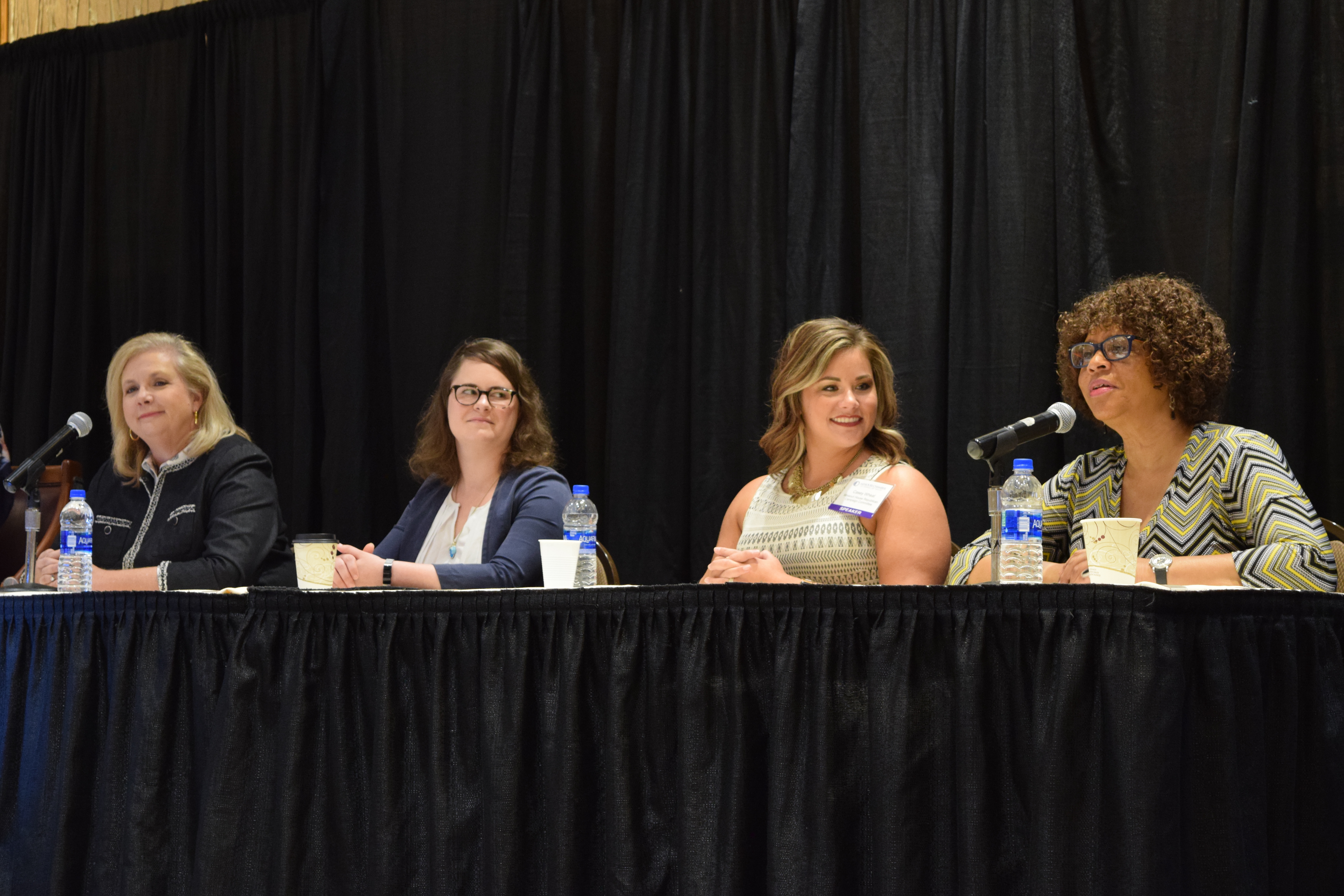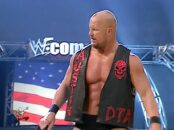COLUMBIA, Mo. — Female leaders from both ends of the political spectrum gathered to discuss increasing political engagement for Missouri women during a conference in Columbia Friday.
The Missouri Chamber of Commerce hosted the statewide summit, which consisted of a variety a panels all focused on female leaders.
Those featured on the “Breaking Barriers: Women in the Political Arena” panel were: Lauren Gepford, executive director of the Missouri Democratic Party; Maida Coleman, a commissioner on the Public Service Commission; Casey Wheat, executive director of the House Republican Campaign Committee; and Catherine Hanaway, the first —and so far only — female speaker of Missouri’s House.
The group focused on multiple topics revolving around women in politics, such as caring for children during caucus to facing backlash from men in the political field. In fact, facing opposition from men in the political arena was something every panelist had experienced. However, women must still remember to treat others fairly — even if they aren’t, according to Coleman.
“Whether or not [men] appreciated my position on things and … I was the leader, I bet you not one of them would say that I didn’t treat them fairly and let them have a voice” said Coleman.
These barriers not only cause women difficulties in the political landscape, but also discourage women from even trying to get involved, the panel argued. Confronting these barriers are a necessity, Wheat said. According to her, representation isn’t just about having someone that looks similar making decisions, but someone who shares the same beliefs.
“Half of the population of Missouri are females,” Wheat said. “We need half of the legislature to be females to represent our ideals and our values.”
Not only do barriers women face result in a lack of representation for women in government, but they may also weaken participation for community involvement, Gepford said.
“The reason that we need to elect more women to office is that, yes, our elected officials should represent our citizenry,” Gepford said. “But also, there are some studies out there which show that female elected officials are more likely to make female citizens think about and become engaged in politics. There’s also research that there’s more civic engagement when we have female elected officials.”
While multiple hurdles do exist for women in the political landscape, one doesn’t have to run for office in order to be engaged, according to Hanaway. She said supporting a strong candidate and being knowledgeable about issues facing one’s community is enough to start political involvement.
“A lot of women don’t get engaged because they aren’t asked too,” Hanaway said. “Well I’m asking. Please think about how you may get engaged. Appointment is a great way, running for office is a great way, but supporting somebody that you believe in, even if it’s just your local school board, is a great way to engage.”
Other discussions throughout the day centered on pay equity, leadership, and advocating for appropriate salaries in the workplace.
An “In the Director’s Chair” discussion featured several executive branch directors, including: Anna Hui, Department of Labor and Industrial Relations; Sara Parker Pauley, Department of Conservation; Anne Precythe, Department of Corrections; and Zora Mulligan, Department of Higher Education.















